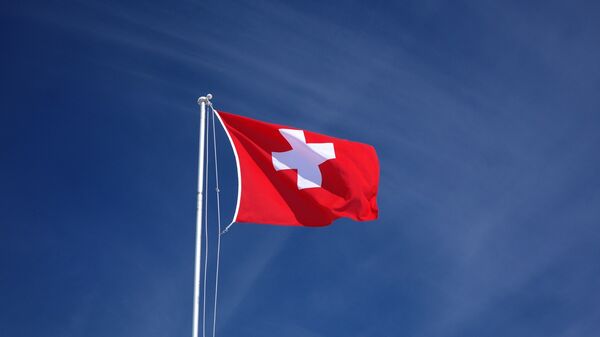The village of Rheinau, near Switzerland's border with Germany, will introduce a universal basic income (UBI) of 2,500 Swiss francs (slightly more than US $2,500) per month, which every resident of the village who signed up for the experiment, would receive regardless of whether they work or not.
The village council decided to go ahead with the scheme after more than half of its 1,300 inhabitants signed up for it, and efforts to secure funding will now commence.
According the conditions of the experiment, the UBI figure of 2,500 Swiss francs would not be offered in addition to other income received by the working citizen. Instead, an income supplement will be awarded to those whose earnings fall short of the mark.
The payment would be differentiated by age, with people under 18 receiving 625 Swiss francs, and those above 25 receiving the full sum of 2,500 francs per month.
In order to prevent an influx of newcomers, only those who moved to Rheinau before June 5th are eligible to sign up for the experiment.
"The idea, and the new social system that would go with it, made sense to me," Ms. Panian says on the scheme's website. "And, given the social and economic changes around the world, it seemed sensible at least to test an idea for a new future before dismissing it as nonsense."
"I'm convinced that every experiment delivers insights that you can't get by discussion alone," Panian said earlier in June.
Panian intends to shoot a documentary movie on her experiment, accompanied by a team of four researchers including sociologists, an economist and a media linguist.
Andreas Jenni, the Rheinau commune president, welcomed the experiment back in June, saying that such a test would provide a welcome insight into the consequences of a controversial policy. This is despite the fact that Jenni was among those 72% of voters who rejected the nation-wide UBI standard. He warned, however, that it might be difficult to interest investors in such a project, since they would not benefit financially.



